
A new Ofsted evaluation schedule came into force for all schools from January 2012. The changes in this inspection regime from the previous 2009 evaluation schedule were intended to:
- Reduce the scope of inspection and the number of judgements required.
- Increase the proportion of inspectors' time that is spent observing teaching and gathering evidence of learning, progress and behaviour.
- Discontinue the expectation that schools complete a standard self-evaluation form, although inspectors will take account of any summary of self-evaluation evidence that schools present.
- Foster the engagement of school staff and governors in the process of inspection, so that they better understand the judgements made.
- Give greater consideration to the views of parents, pupils and staff as important evidence.
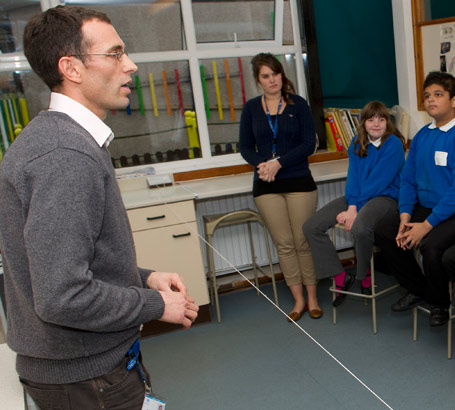
Inspectors must judge and report on the quality of education provided in the school, its overall effectiveness and in particular cover:
- Achievement of pupils at the school.
- Quality of teaching in the school.
- Quality of leadership and management in the school, including middle leaders and governors.
- Behaviour and safety of pupils at the school.
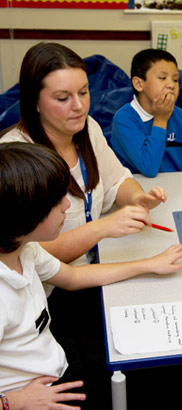
As regards the achievement of pupils at the school, inspectors will look at the available evidence in order to evaluate:
- How well pupils make progress relative to their starting points.
- How well current pupils learn, the quality of their work in a range of subjects and the progress they have made since joining the school.
- How well pupils who are regarded as vulnerable (eg travellers, ethnic minorities, looked after children and other special needs) have achieved since joining the school.
- The extent to which pupils develop a range of skills well, including communication, reading and writing and mathematical skills, and how well they apply these across the curriculum.
- The standards attained by pupils by the time they leave the school, including their standards in reading, writing and mathematics.
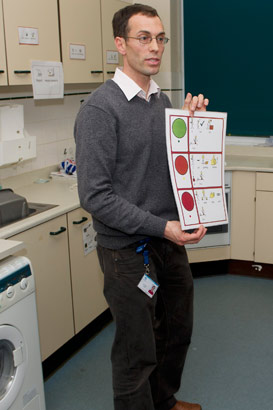
Inspectors will take into account a school's own attainment and progress data as long as it is robust, including data from
external organisations. They will be interested in the school's own evaluation of the attainment and progress of all pupils
and groups of pupils, especially pupils who have received intervention and/or additional support.
A key point that inspectors will be considering throughout is evidence of impact. If actions have been taken by the school,
what has been the demonstrable outcome, especially in terms of raising the standards of achievement of the pupils?
How do you currently show the impact of interventions on pupils' achievements? Is it always feasible to do so?
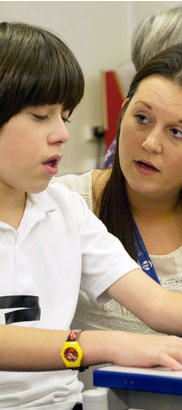
Schools must be able to show pupils' starting points, attainment on entry, and attainments at each key stage or transition
point, and they must analyse this data.
Schools must demonstrate how pupils' progress is tracked and monitored and discussed – and show the impact of key strategies
upon learning.
Schools must be able to demonstrate the extent to which pupils develop a range of skills well, with a particular emphasis
upon communication, reading and writing, and mathematical skills, and how well they apply these across the curriculum.
There is a new emphasis upon pupils' attainment in reading by the end of Key Stages of learning. Schools must be able to show
that progress in this area is tracked effectively and that any identified actions for improvement implemented. Are they working
and how does the school know?
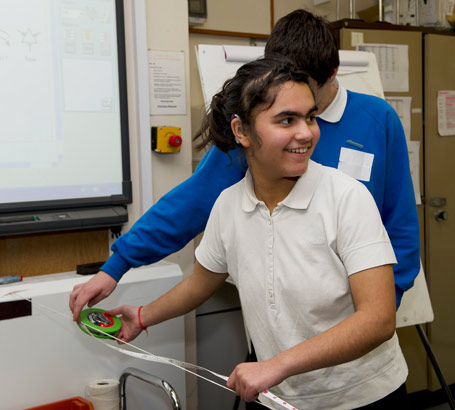
Here is the latest Ofsted evaluation schedule for school inspection.
Read the Introduction and the section on the Achievement of Pupils (pages 4 to 10). Note the definition of achievement. Look at what the inspectors must consider: the criteria for making judgements; additional guidance; and the descriptors for the grades.
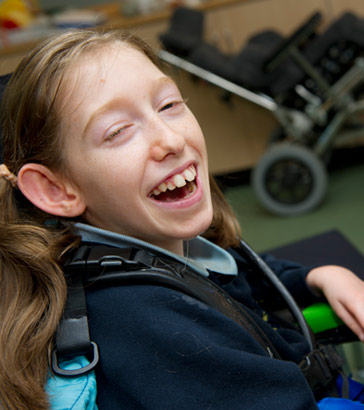
Achievement takes account of pupils' attainment and their rate of progress, together with the quality of their learning
and their progress. In the case of pupils with complex learning difficulties, particularly those still working towards Level
1 of the National Curriculum, the judgement on achievement will be based on an evaluation of the pupils' learning and their
progress relative to their starting points at particular ages.
Inspectors will take into account any assessment measures held by the school but should not take account of their attainment
compared to national benchmarks.